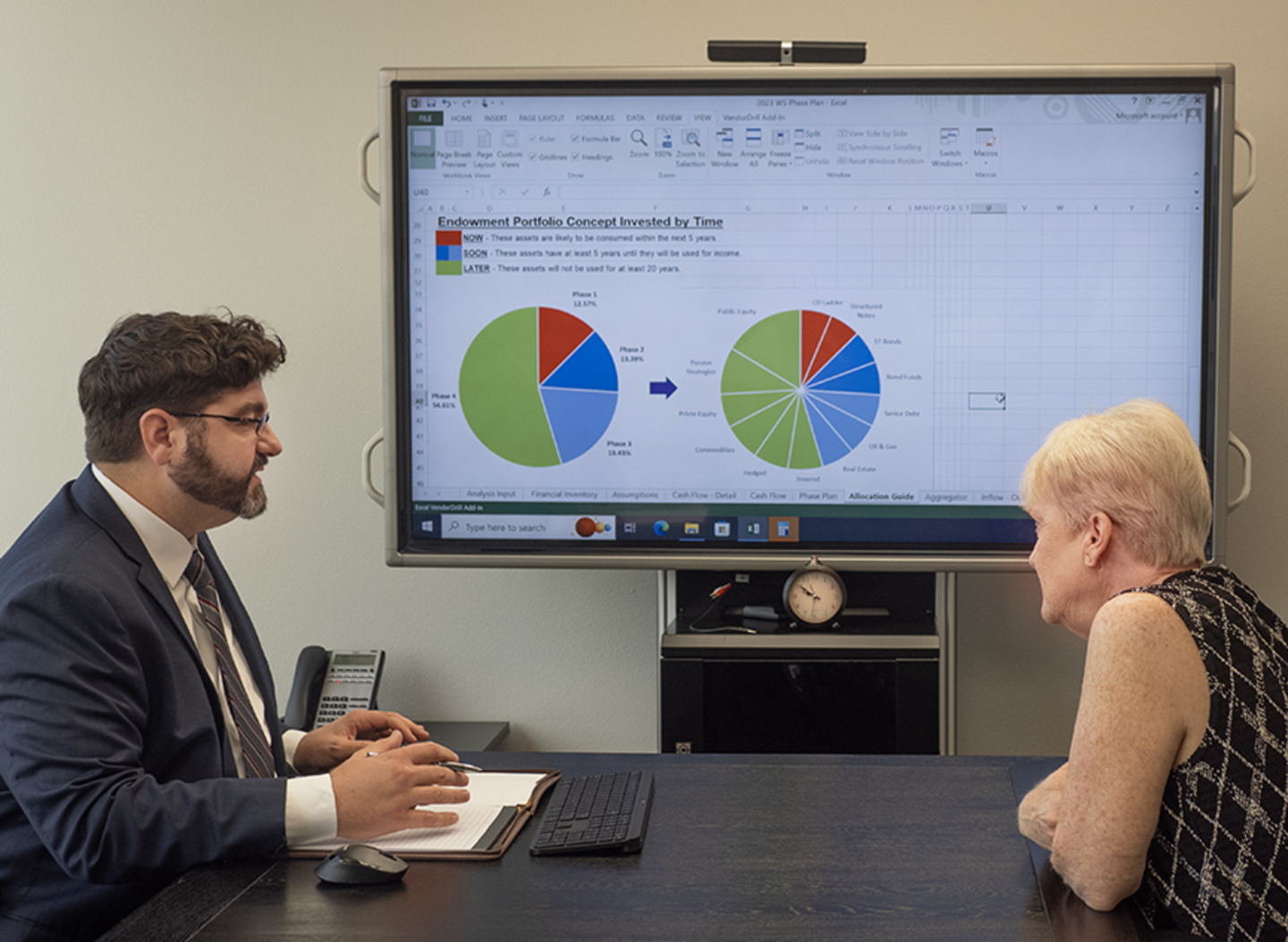How to Find Local Financial Advisors A Comprehensive Guide
When it comes to managing your finances, seeking professional guidance can make a significant difference in achieving your goals. Local financial advisors offer personalized assistance tailored to your unique financial situation and objectives. However, finding the right advisor can be a daunting task amidst the myriad of options available. Here's a comprehensive guide to help you find local financial advisors:
Define Your Needs:
Before embarking on your search, take some time to clarify your financial goals, whether it's retirement planning, investment strategies, debt management, or estate planning. Understanding your needs will help you narrow down your search for an advisor with expertise in the relevant areas.
Seek Recommendations:
Ask friends, family members, or colleagues for recommendations. Personal referrals can provide valuable insights into the advisor's professionalism, communication style, and effectiveness in managing finances.
Utilize Online Directories:
Explore online directories that list local financial advisors. These directories often allow you to filter results based on location, specialty, credentials, and services offered, making it easier to find advisors who meet your criteria.
Check Credentials:
Verify the credentials and qualifications of potential advisors. Look for certifications such as Certified Financial Planner (CFP), Chartered Financial Analyst (CFA), or Personal Financial Specialist (PFS), which demonstrate a commitment to professional standards and ethics.
Research Background and Disciplinary History:
Conduct background research on potential advisors through regulatory bodies like the Securities and Exchange Commission (SEC) or the Financial Industry Regulatory Authority (FINRA). Check for any disciplinary actions or complaints filed against the advisor, ensuring they have a clean track record.
Interview Multiple Advisors:
Schedule consultations with several advisors to assess their approach, fees, and compatibility with your financial objectives. Use this opportunity to ask questions about their investment philosophy, experience, client base, and fee structure.
Consider Fee Structure:
Financial advisors may charge fees based on various models, including hourly rates, flat fees, commission-based, or fee-only structures. Evaluate the pros and cons of each fee model and choose the one that aligns with your preferences and budget.
Evaluate Communication and Transparency:
Effective communication is essential for a successful advisor-client relationship. Assess the advisor's communication style, responsiveness, and transparency regarding fees, investment strategies, and potential conflicts of interest.
Request References:
Ask potential advisors for references from current or past clients. Contact these references to gain insights into their experiences working with the advisor, including their satisfaction level and any areas for improvement.
Trust Your Instincts:
Ultimately, trust your instincts when selecting a local financial advisor. Choose someone who not only possesses the necessary expertise but also demonstrates integrity, empathy, and a genuine interest in helping you achieve your financial goals.
Finding the right local financial advisor requires thorough research, careful consideration, and trust-building. By following these steps, you can identify an advisor who can provide valuable guidance and support on your financial journey.
For more info :-

Comments
Post a Comment